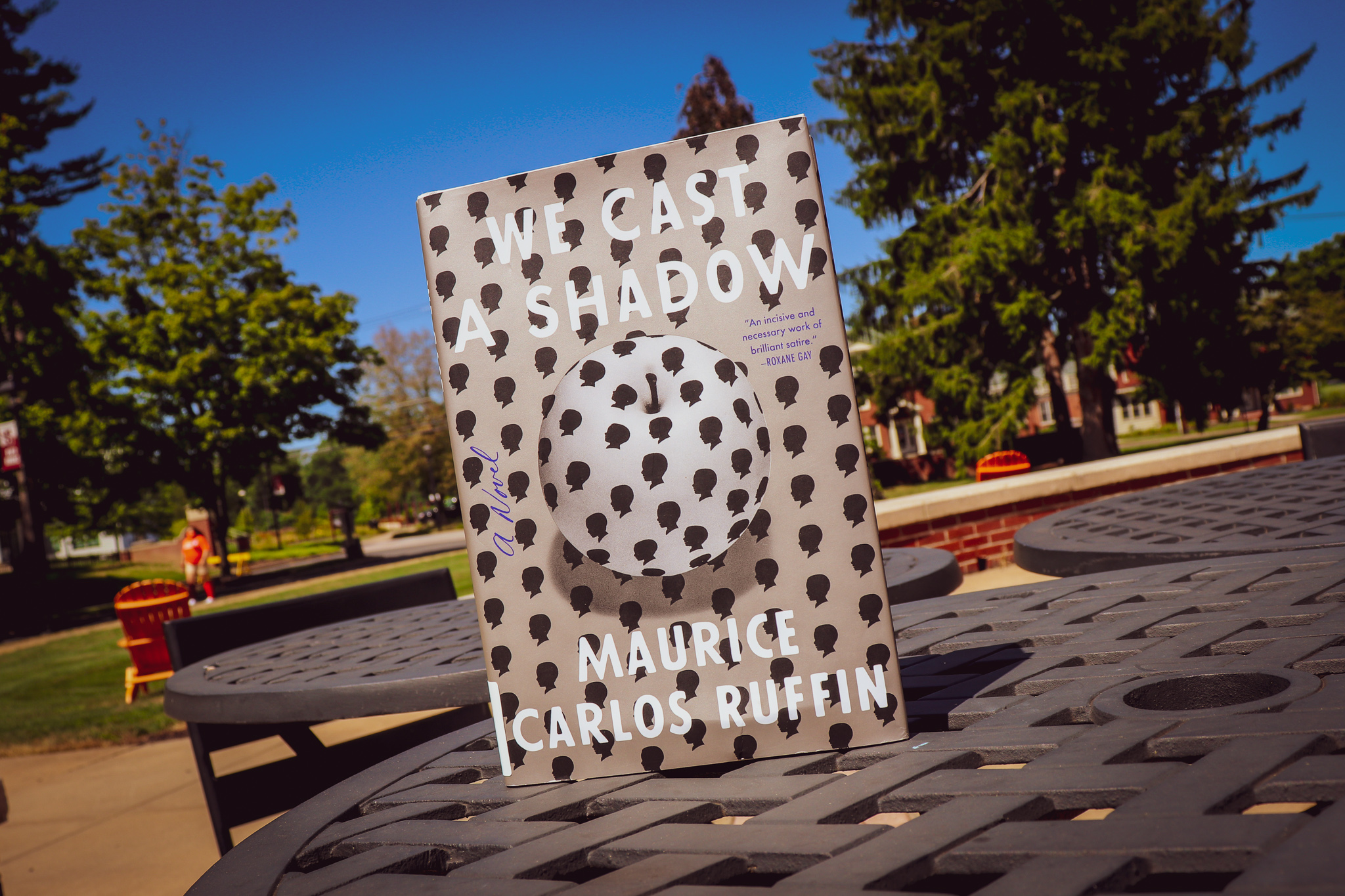“There may be beauty in my blackness and dignity in the struggle of my people, but I won’t allow my son to live a life of diminished possibility. I see a constellation of opportunity that those of my ilk rarely travel to. I see my Nigel at the center of those stars.
This reraises the question I’ve occasionally concerned myself with during Nigel’s life: What if I can ensure that my boy is not perceived as a black man? What if he is simply a man?”
In a not too distant future, in a city in the South of the United States, Maurice Carlos Ruffin begins his novel. It is a world where black neighborhoods are “protected” by fences and constant surveillance, the police have the right to cut anyone’s hair (the Dreadlock Ordinance), and criminals can be deported to Africa. Scientists have also perfected “demelanization,” a process that can remove pigment from the skin so make people whiter. It works so well that people are able to officially change their race on legal documents. It is obtaining this demelanization on which our unnamed narrator is focused. But not for himself, for his only son. Our narrator is married to Penny, who is white, and they have one son, Nigel. The narrator is constantly obsessed with the shade of their son’s skin, worried it is too dark. He requires Nigel to wear hats at all time, and uses burning skin cream that promise to lighten the pigmentation. Peggy is neither aware nor supports the use of these creams, and certainly objects to the demelanization process. The narrator feels this process is necessary to not only give his son the best chance at success, but to also keep him alive.
In his quest to obtain the money required for the surgery, the narrator is expected to acquiesce to his firm’s every desire: from dressing as Zulu chief during a work costume party, to enduring a stay at a plantation where tour guides explained the Civil War: “the Northern section of this present nation launched its war of unprovoked aggression on the presupposition that it was sovereign supreme. To wit: the North believed it had the right to impose absolute authority over the economic structure and governing freedom of these Southern states.” While Penny speaks out at injustices she sees, the narrator is constantly trying to blend and fit in, to do anything he can to get the promotion and bonus. In order to land an account to impress his boss, he become the face of their diversity initiative and joins a civil rights group whose leaders proclaim “We’ve got to ignore race to transcend it!” His journey to the surgery is fraught with challenges, yet he remains solely focused on obtaining it.
Maurice Carlos Ruffin’s debut novel hits so close to home that you can easily imagine this dystopia as actual possibility for our future. It is dark and frightening. Yet at the very core of this story is love. The narrator has a fierce love for his family. All the decisions he makes about his son are full of his love and desire for his son’s success. His love is so overwhelming that it smothers and destroys his family. You are left wondering how far would you go for love? And how close are we to this world being our future?
Discover more from Shelf-Promotion
Subscribe to get the latest posts sent to your email.

You must be logged in to post a comment.